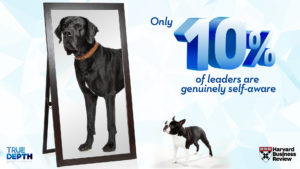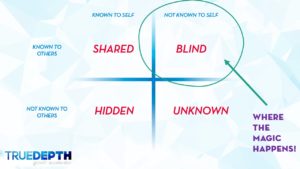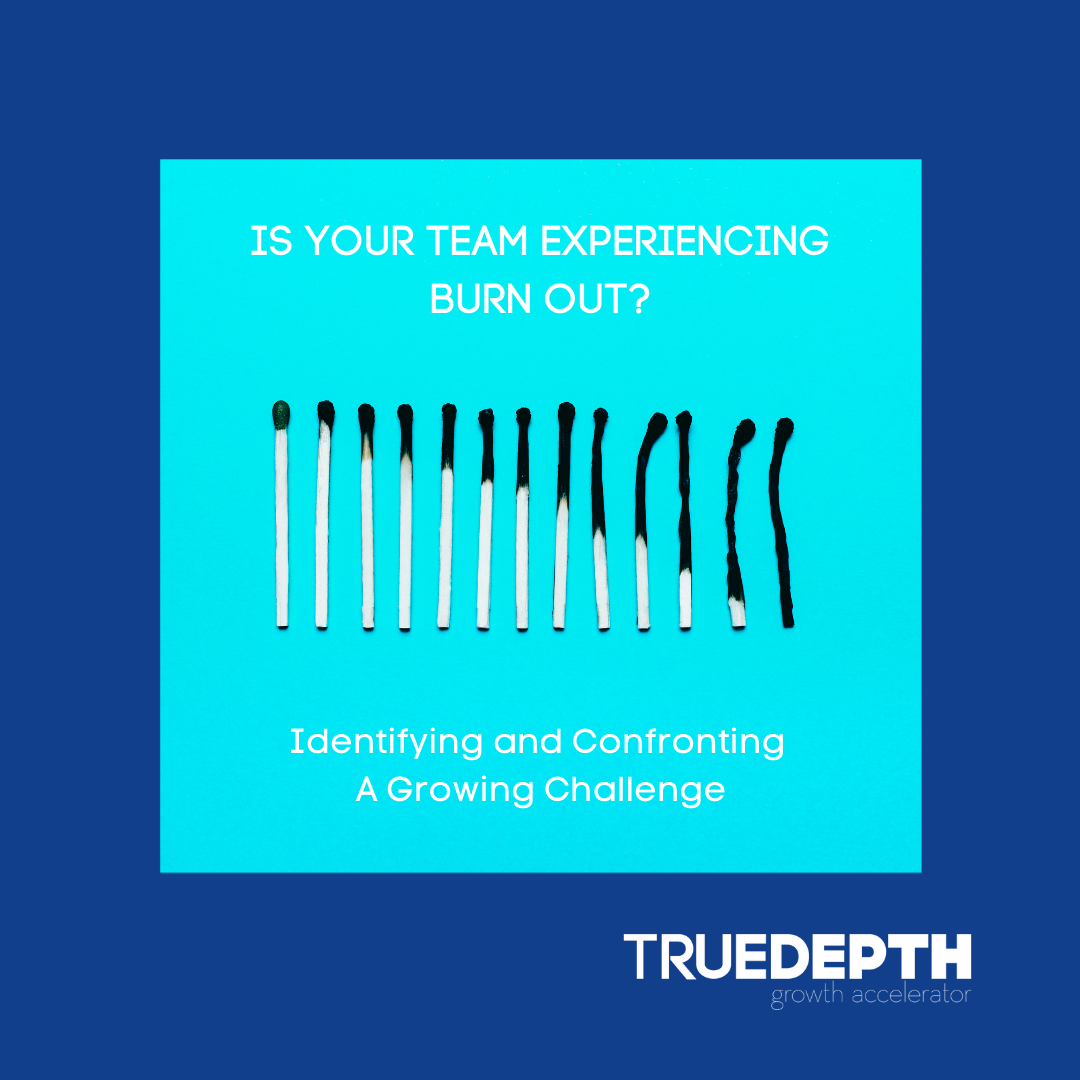Exhaustion. Sleeplessness. Depression. Anxiety. The emergence of unhealthy habits, behaviors, and addictions, combined with receding…
New Year, New Awareness: How Great Leadership Begins With Being Self-Aware
As you start to reflect and set goals for the upcoming year, one of the essential skills to work on, regardless of how seasoned a leader you are, is self-awareness.
Although many of you might say you’re already self-aware, it’s actually a rare attribute.
 Harvard Business Review posted an article on the topic that I regularly reference (I recommend bookmarking it). The author describes a study in which they found only 10 percent of participants were genuinely self-aware.
Harvard Business Review posted an article on the topic that I regularly reference (I recommend bookmarking it). The author describes a study in which they found only 10 percent of participants were genuinely self-aware.
While most of us aren’t naturally self-aware, it’s a skill you can foster for more deliberate development and further insights into becoming a better leader. This process starts by considering two aspects of self-awareness: internal and external.
The internal element of self-awareness is who you are as a person, such as your values, passions, and reactions to events or surroundings. What makes up who we are on the inside and how we see ourselves is associated with a higher sense of control and satisfaction.
In contrast is the external, or how we see ourselves versus how others see us. Exploring yourself from others’ points of view helps to build more empathy and leads to improved relationships.
Now that you have the basics down, it’s time to bring the concept to life. I like to visualize the building of self-awareness as a quadrant. This quadrant represents your skills, strengths, and weaknesses, both known and unknown.
Often you know what your strengths or weaknesses are, and sometimes you don’t. Many people who work with you closely absolutely know what they are, then some have no idea — that’s because sometimes we don’t bring our whole authentic self to the office. If everyone is aware of your strengths and areas for improvement, then it’s shared knowledge.
Breaking down the self-awareness quadrant
Proactively identifying areas where you can develop your skills and build on your strengths can be challenging, especially as many adults cannot readily talk about their strengths.
As a certified and credentialed coach, I find that the best way to kickstart the process is to use beloved characters to illustrate each element on the quadrant (and it’s fun!).
- Known to self and known to others (shared knowledge) – Think Princess Leia from the most recent “Star Wars” films. She’s a bad “you know what” and gets the job done. She knows her strengths and can harness the force, and other people know that as well.
- Known to self but not known to others (hidden) – The best example for this section is Clark Kent/Superman. No one knows this mediocre reporter is, in fact, a crime-fighting superhero after a quick visit to a telephone booth. Most of us have some secret talent or skill that we don’t bring out all of the time, for whatever reason.
- Not known to self or others (unknown) – It wasn’t until the end of “The Wizard of Oz” when everyone realized that the Cowardly Lion had courage all along, including himself.
- Unknown to self and known to others (blind) – Harry Potter spent much of his life never knowing he was a wizard and a special one at that. However, everyone else in the wizarding world was very aware of his talents. All of us have competencies sitting right under the surface yet to be uncovered.

You may be wondering what any of this has to do with leadership. The power of the self-awareness quadrant is in that upper right corner.

The ‘hidden’ area where it’s not known to self but known to others is where the real magic happens. It’s learning the skills, strengths, and weaknesses you don’t know about yourself but that others see in you that will help you evolve.
For example, you may think you’re the best communicator, but everyone else knows you have a nervous tick and often use filler words. That might be something you’d want to know so you can address it.
Unless you identify your gaps, you’ll never truly improve. To become a more efficient all-around leader, you need to embody your inner wizard, and there’s no better time to start than now.
This post originally appeared on LinkedIn Pulse, written by Janet Tyler, Founder, of True Depth.



